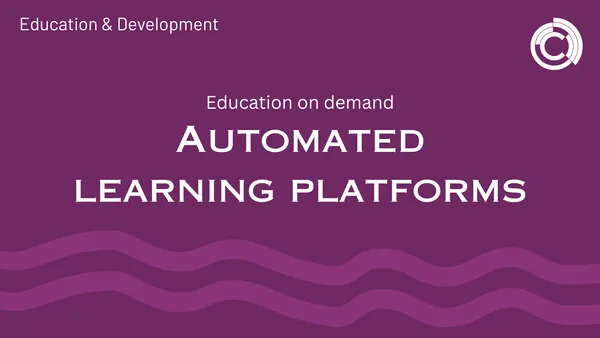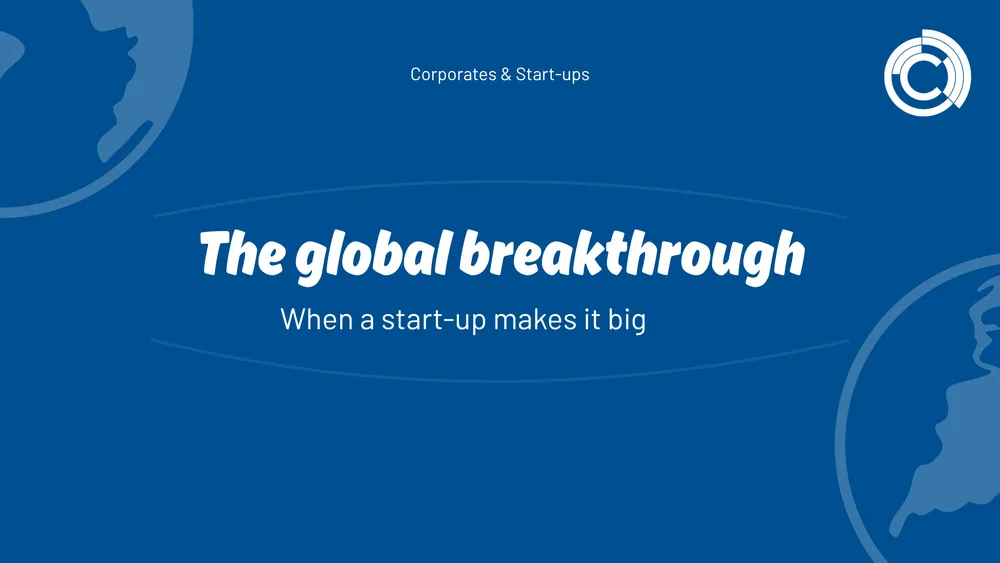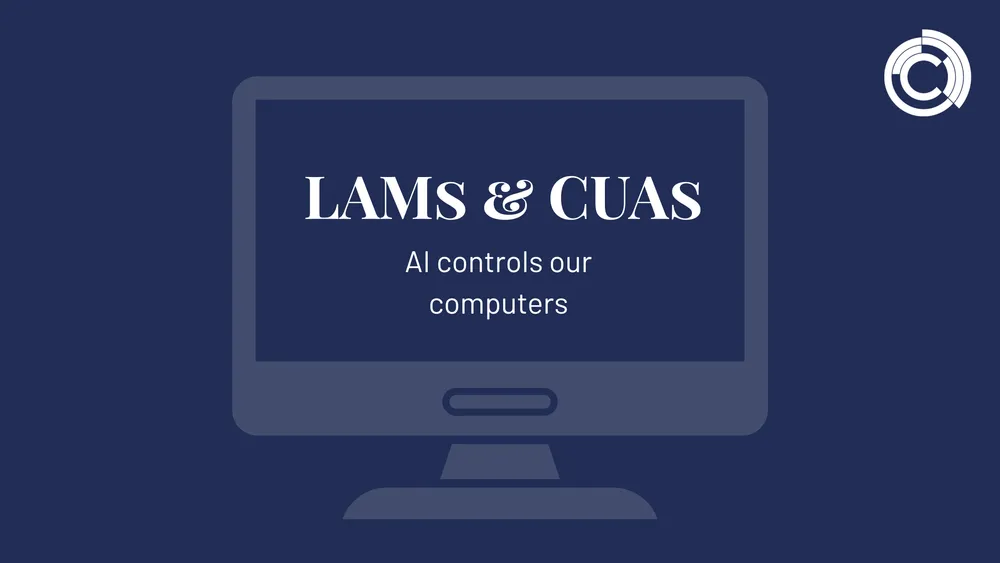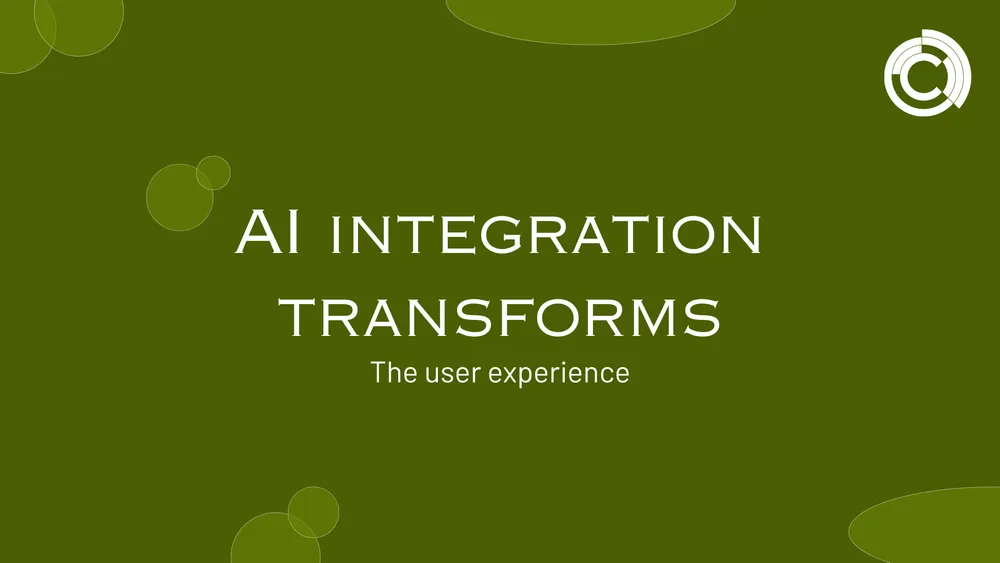
CCNet
Sep 17, 2025 • 2 min read

Automated learning platforms – education on demand
Lifelong learning is no longer just a buzzword, but a reality for companies and employees. With the rapid advancement of artificial intelligence, continuing education is becoming increasingly important – and at the same time easier. Automated AI learning platforms promise to make knowledge available at any time and tailor it to the individual needs of employees. In 2025, these platforms will become the focus of companies that want to make their workforce fit for the future.
What are automated learning platforms?
At their core, they are AI-supported systems that dynamically create, personalize, and deliver learning content. Instead of rigid training catalogs, the platforms continuously adapt: they identify knowledge gaps, suggest targeted content, and design individual learning paths. This makes continuing education a tailor-made process that neither overloads nor underchallenges employees.
Education like a streaming service
The principle is similar to platforms such as Netflix or Spotify – only instead of entertainment, these solutions offer “education on demand.” Employees consume content that is tailored to their role, prior knowledge, and current work situation. AI analyzes how quickly someone learns, which topics are particularly relevant, and how knowledge is best conveyed – whether through texts, videos, interactive simulations, or even virtual coaches.
Advantages for companies
This results in clear added value for management:
• Scalability: Content can be rolled out thousands of times – from interns to executives.
• Efficiency: Learning times are reduced because employees only see relevant content.
• Motivation: Personalized approaches increase willingness to learn.
• Measurability: Progress can be tracked in real time.
Another advantage: Continuous updating. While traditional training programs quickly become outdated, AI learning platforms keep content permanently up to date – a crucial factor in times of constantly changing technologies and regulations.
Challenges and risks
As attractive as the technology is, there are also stumbling blocks:
• Data protection: Platforms analyze individual learning patterns – companies must ensure that sensitive information remains protected.
• Quality of content: Not every automatically generated lesson meets the highest didactic standards.
• Acceptance: Employees may perceive personalized learning paths as “surveillance” if there is a lack of transparency.
For decision-makers, this means that successful implementation requires clear communication and an awareness of ethical issues.
Education as a strategic success factor
Companies that adopt automated learning platforms early on secure a competitive advantage in the war for talent. Young employees expect flexible training opportunities that fit into their everyday work. At the same time, AI-supported learning systems help to teach future skills such as data analysis, AI competence, and cybersecurity more broadly and quickly.
Conclusion: Learning is becoming dynamic and individualized
Automated learning platforms are more than just a technical tool—they mark the beginning of a new learning culture. Training is becoming personalized, scalable, and available at any time. For companies, this is an opportunity to build knowledge faster, develop skilled workers, and meet regulatory requirements.
The message is clear: education on demand is not a trend, but the new reality. Those who invest now will build the skills that will determine success or failure in the coming years.
FAQ about AI trends 2025
What distinguishes AI learning platforms from traditional training?
They are dynamic, personalized, and tailor content to individual needs.
How do personalized learning paths work?
The platform identifies knowledge gaps and suggests appropriate content.
What are the advantages for companies?
Scalability, efficiency, motivation, and real-time measurability.
What are the risks?
Data protection, content quality, and acceptance issues.
Why are these platforms considered the future of continuing education?
Because they make knowledge available in a flexible, individualized, and up-to-date way.


